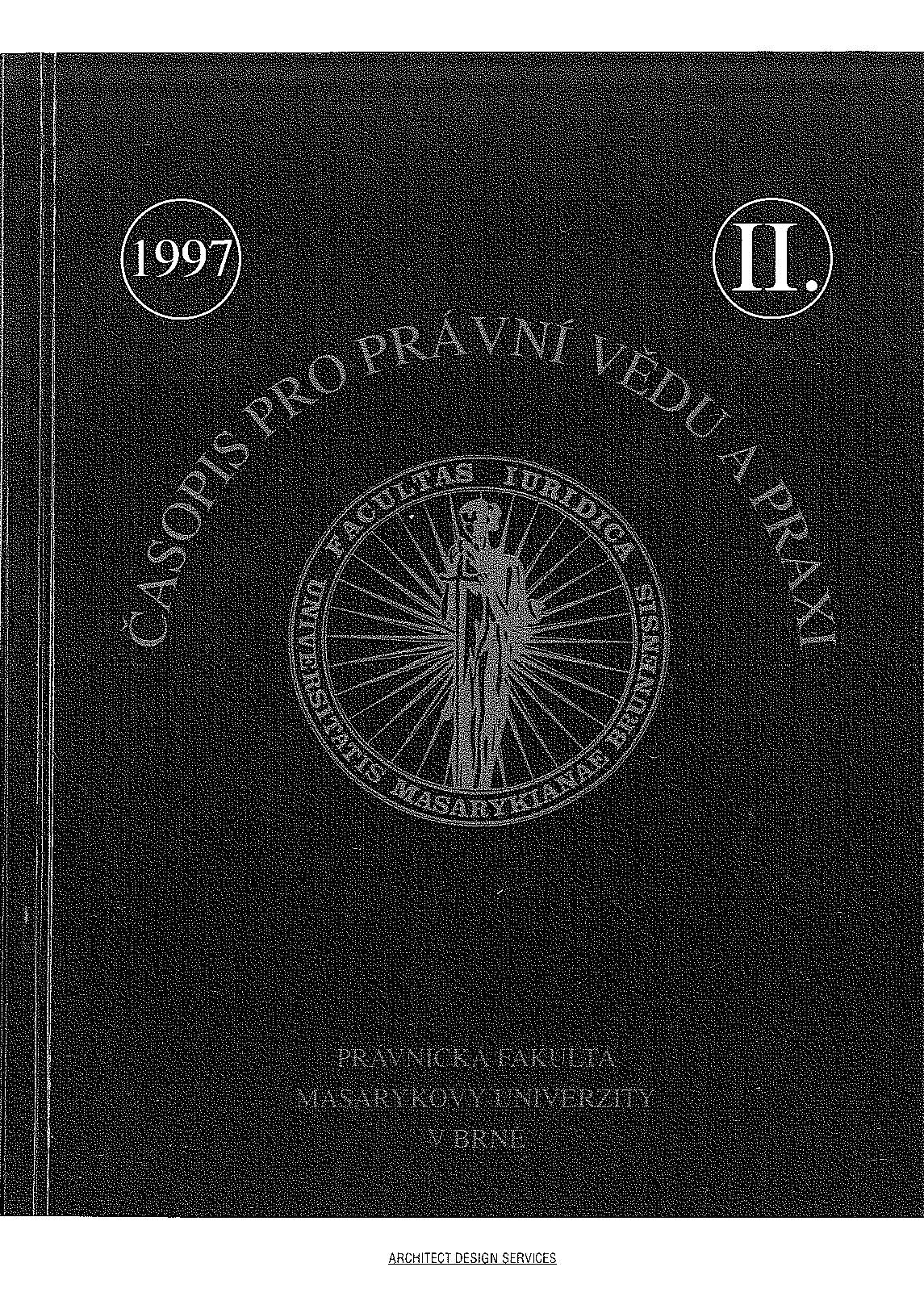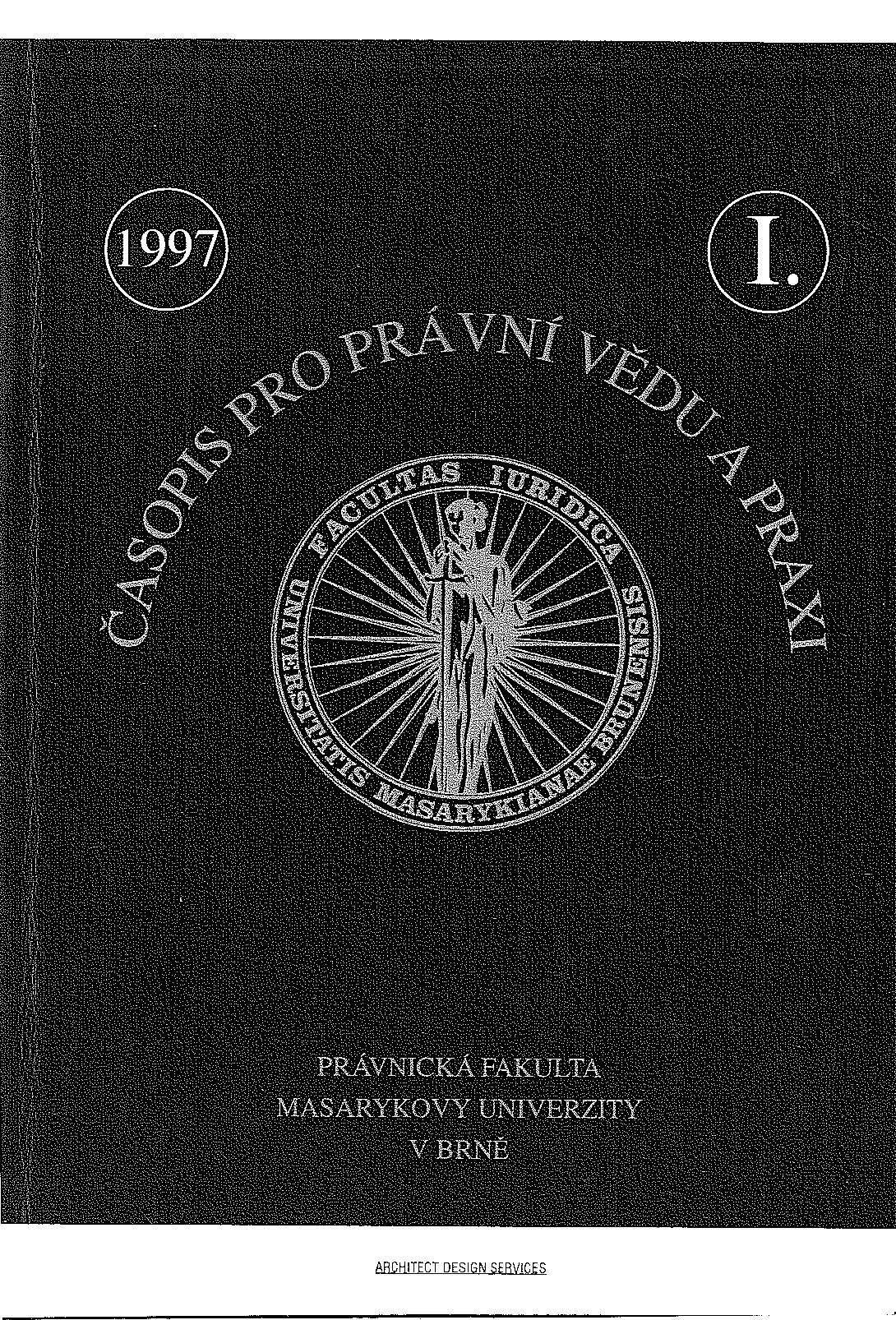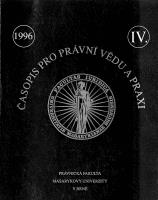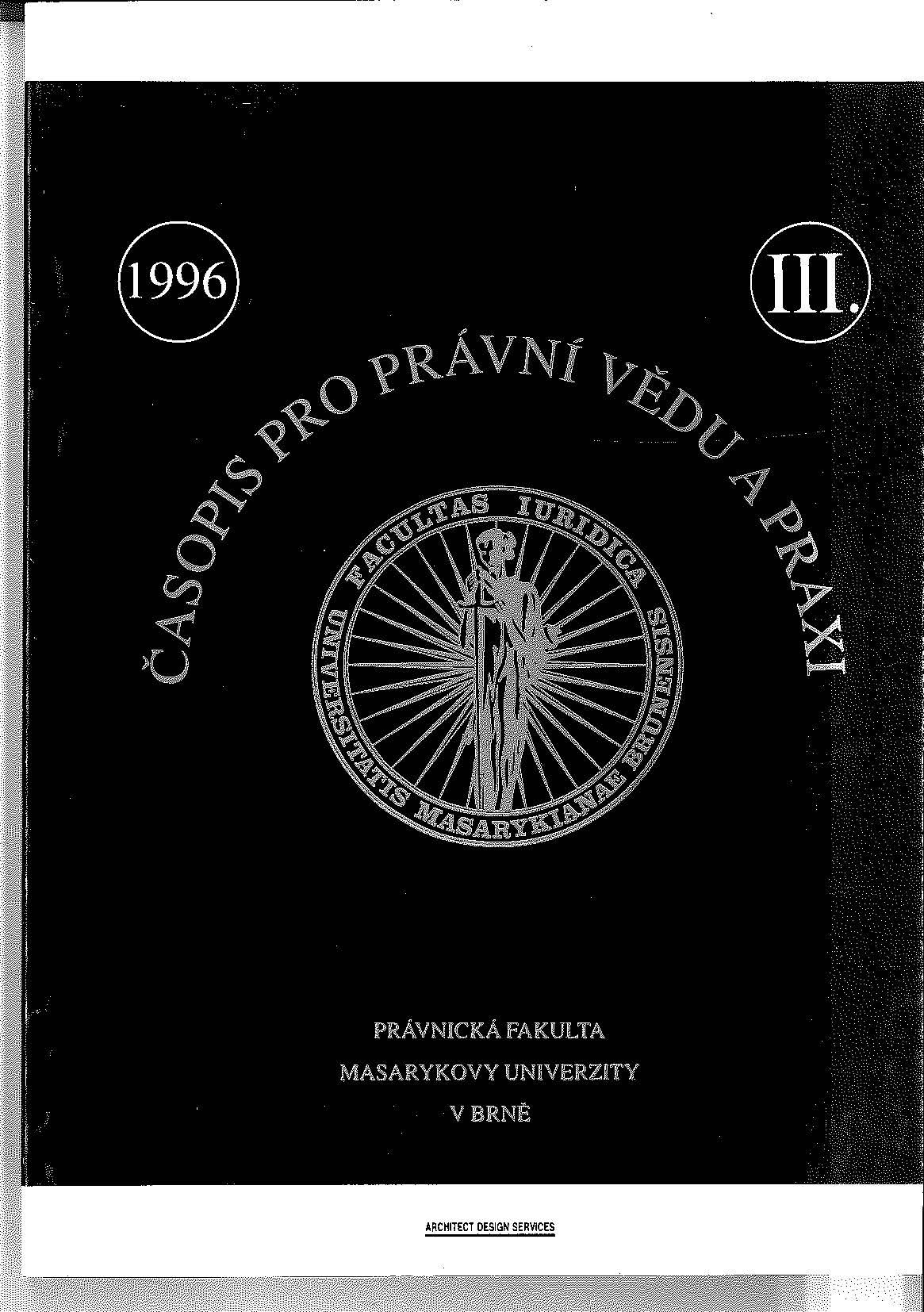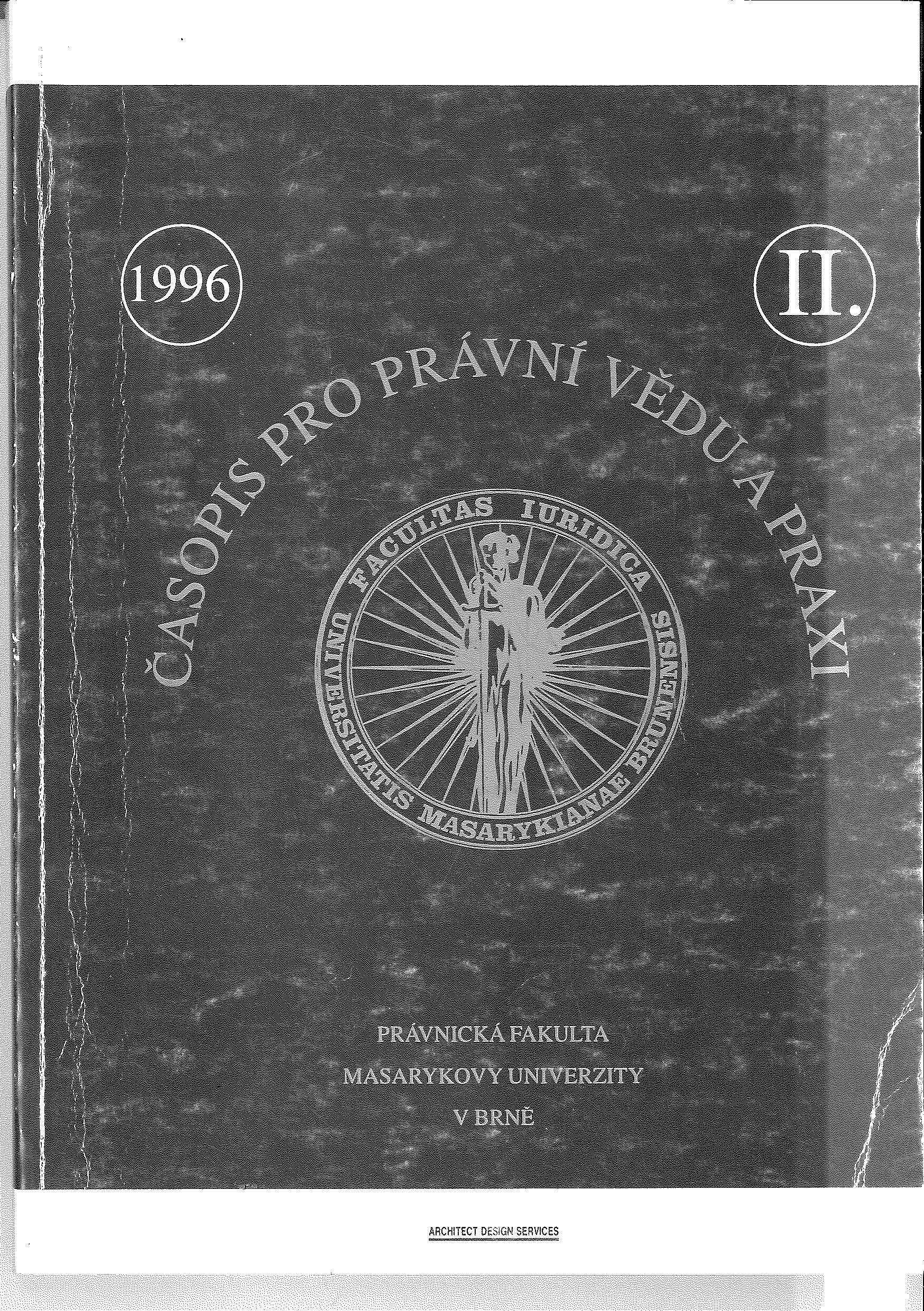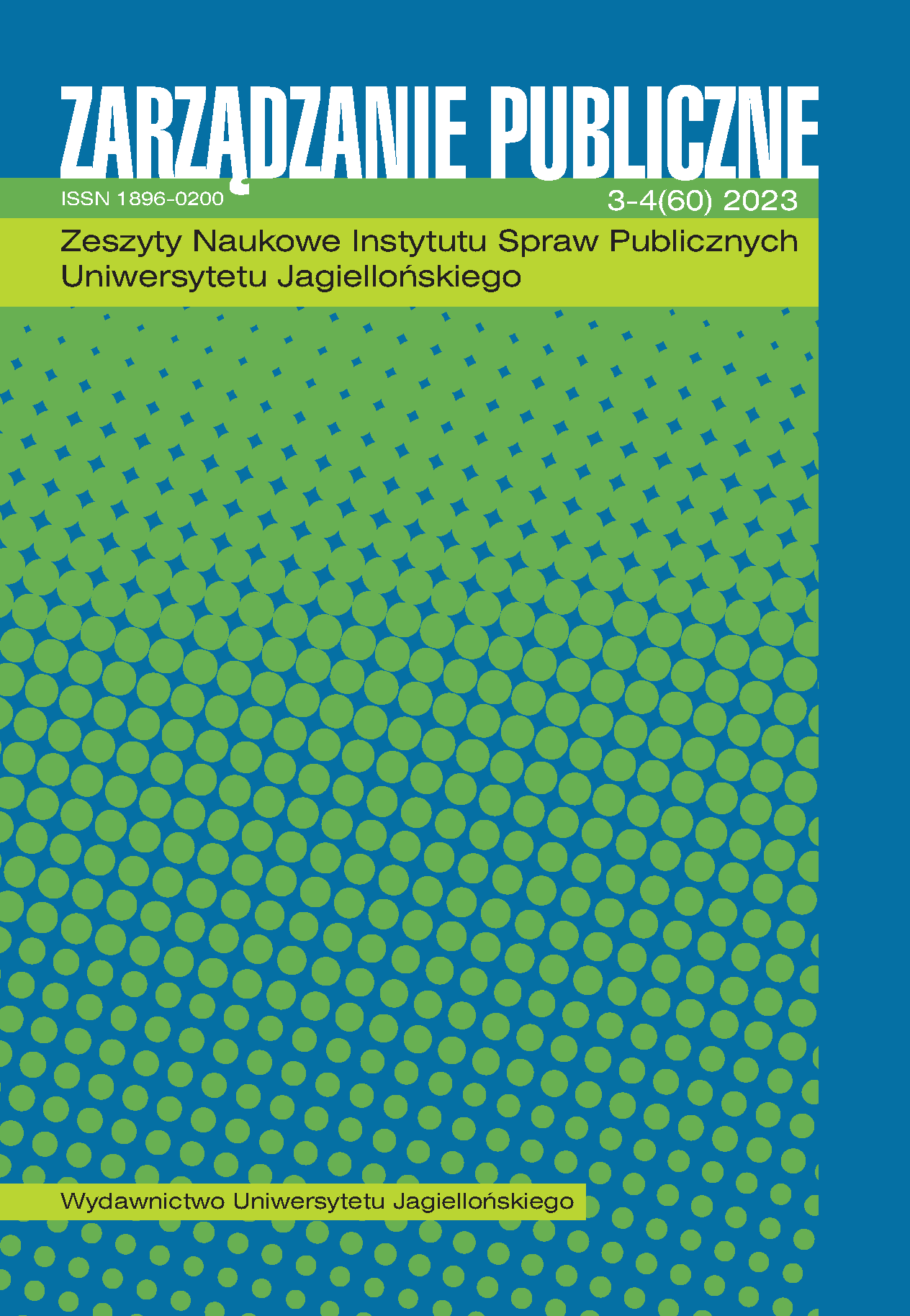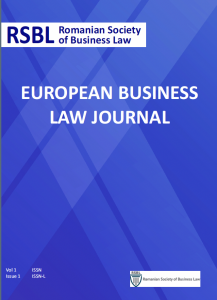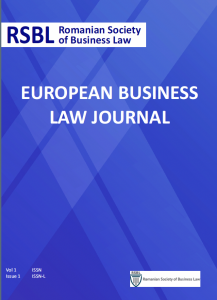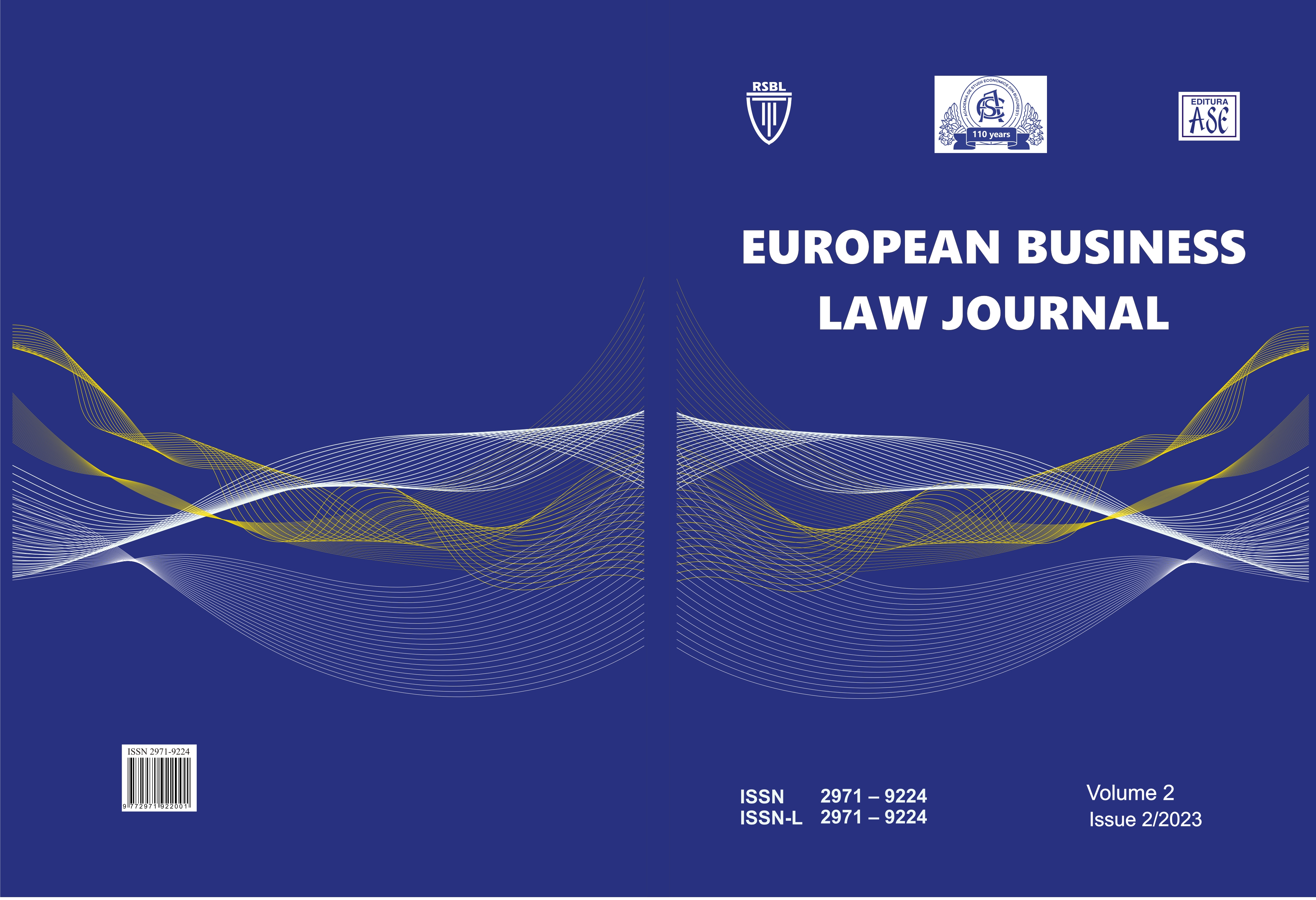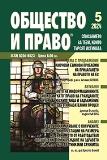Author(s): Paweł Lipowski,Kamila Figiel / Language(s): Polish
Issue: 3-4/2023
The worsening mental health of children and adolescents is a growing issue, both globally and – with some delay – in Poland. This is primarily due to the ever-increasing challenges in this area. The COVID-19 pandemic only exacerbated these problems, as psychological and psychiatric care receded into the background during a situation of the pandemic threat caused by the Sars-CoV-2 virus. At the same time, the level of fear, anxiety and stress associated with the real threat to health and life, as well as the forced social isolation increased, which only compounded with the pre-existing problems. Children and adolescents have been deprived of real contact with their peers, which is particularly problematic from the perspective of their proper psycho-social development and overall well-being. Moreover, in the initial stages of the pandemic, some were confined to their dysfunctional homes, cut off from the external environment (school, teachers, psychologists, friends), and therefore without support in this highly difficult situation. Now – thanks to widespread immunization – the pandemic situation is slowly stabilizing, so schools are returning to on-site education, but the emphasis is primarily on catching up with the material, and not necessarily on rebuilding the social ties. So are school principals in Poland aware of their students’ mental health issues? Are they aware of the new mental health challenges faced by children and adolescents? Do they have a plan to support the mental health of students in their charge? In the context of the aforementioned issues, the purpose of this article is to increase the awareness of the problem and to develop possible support plans for the mental health of students in the face of the existing health and social crisis caused by the COVID-19 pandemic that could be implemented by the school administrators in Poland. To research this notion, an online survey was conducted among school headmasters in Poland. The survey results and its conclusions may prove interesting – in particular – for the headmasters of educational institutions, school psychologists as well as educators, teachers, parents and anyone interested in education management and mental health of children and adolescents.
More...
